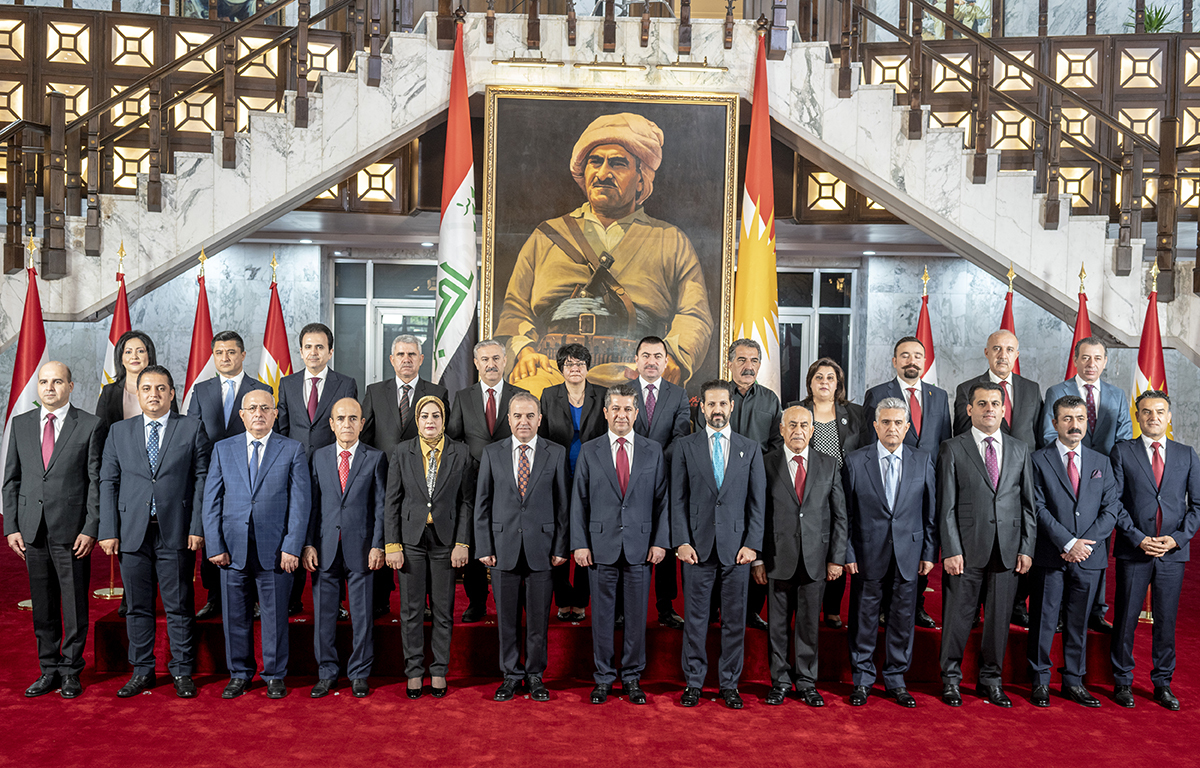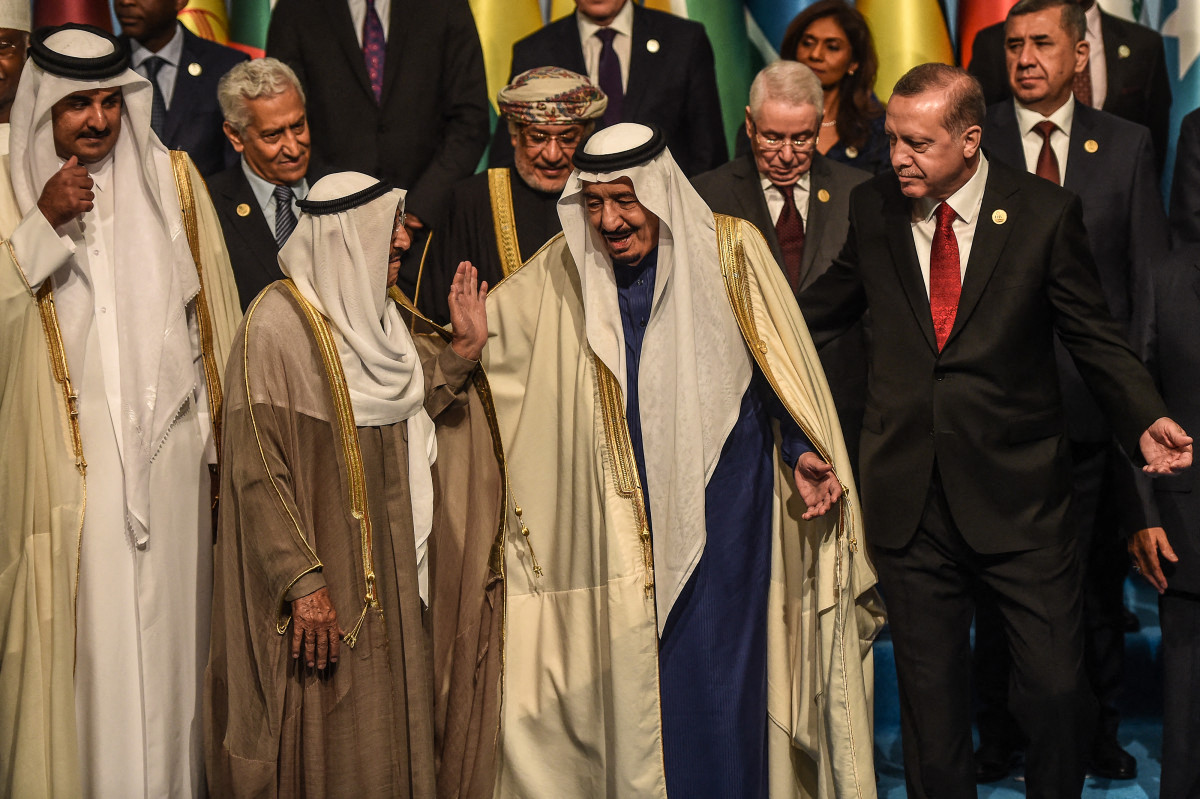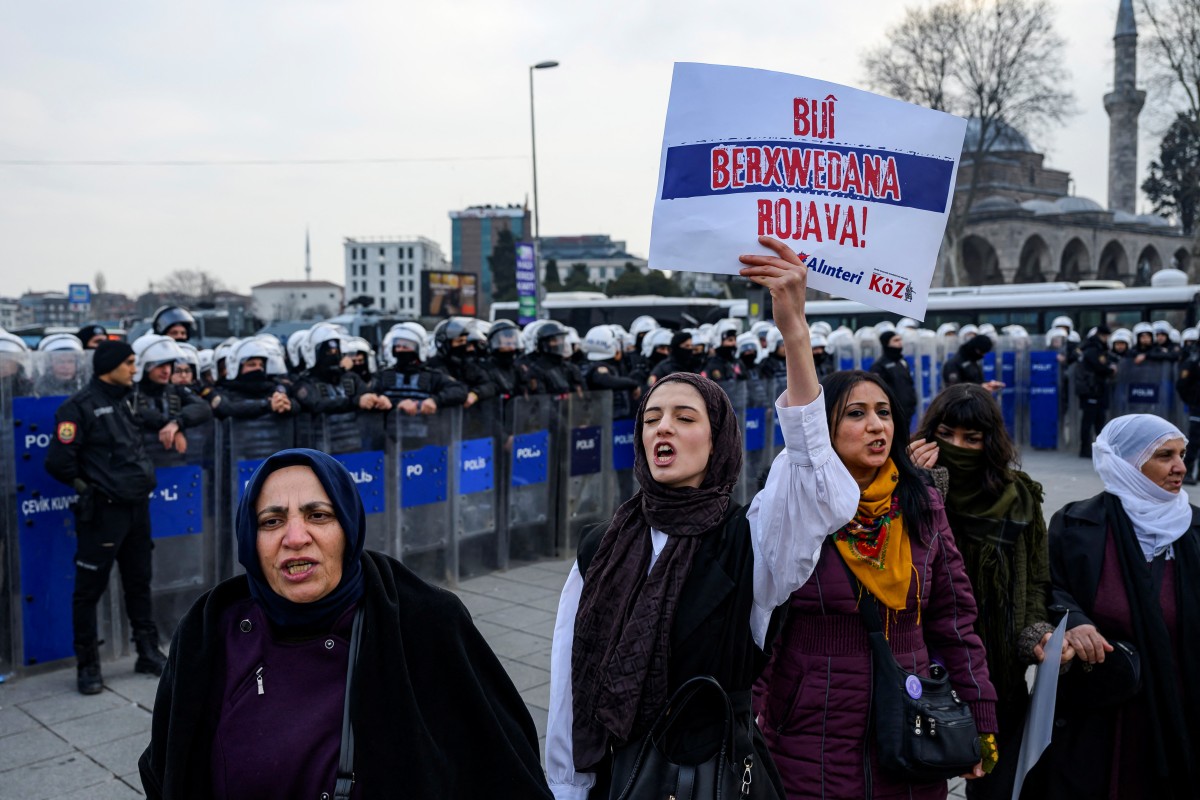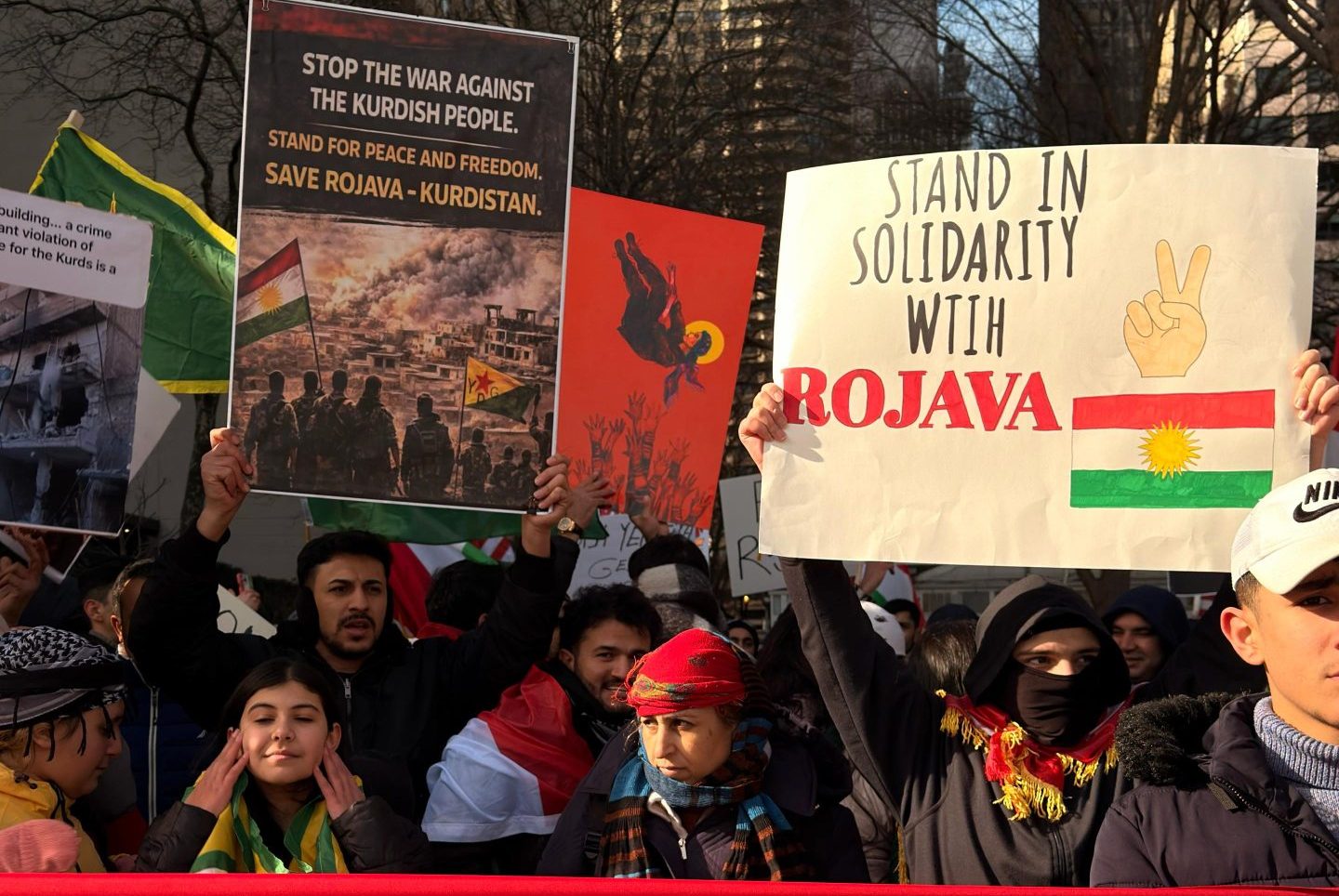The KRG’s Crushing Opposition Parties
Picture Credits: KRG Website
Democracy in the Kurdistan Region of Iraq (KRI) has been suffering from multiple defects for years. Moreover, the Kurdistan Regional Government (KRG) has not shied away from crushing the opposition since 2015, which led to the closing of the Kurdistan Parliament for two years.
In total, the KRI has not had a functioning parliament for five years in the past ten years.
It has now been a year since the Kurdistan parliamentary elections were held on 20 October 2024, and a government has yet to be formed. It is not an oddity for government formation to take that long in Kurdistan after elections; in fact,even the same happened in post-election Iraq in 2021. It is not only government formation that is delayed incessantly; elections are postponed, too—the 2024 elections were supposed to be held in 2022. In total, the KRI has not had a functioning parliament for five years in the past ten years.
Beyond the long-standing strife between the two ruling political parties, the Kurdistan Democratic Party (KDP) and the Patriotic Union of Kurdistan (PUK), over political offices and, more importantly, over the region’s natural resources, the impasse of government formation has several intractable causes. First, there is competition over resources, about “Who gets what?” The corruption and abuse of power have become endemic to the rule of the two political elites, who control the region’s oil and gas resources that constitute the lifeblood of their domination over the political system. Second, gaining the majority of seats has always been an issue for each of the two major parties. As a result, the continuous caucuses on how to divide power have presented an unwarranted cause for the long delays.
this political expediency was upset by the rise of a major opposition party, the Gorran Movement (the Movement for Change), which entered the parliamentary elections in 2009
In the past elections, the KDP and PUK have resorted to a power-sharing arrangement by creating an alliance, which allowed them to take turns to hold the highest positions of power. This served as a way to manage the rifts between them, but also to perpetuate their sole control of power. However, this political expediency was upset by the rise of a major opposition party, the Gorran Movement (the Movement for Change), which entered the parliamentary elections in 2009. The Movement managed to successfully destabilise the balance of forces by gaining 25 seats, weakening the PUK’s power base and becoming a strong opposition party. In essence, this came as the final nail in the coffin for the power-sharing arrangement between the two ruling parties: in the 2013 parliamentary elections, the alliance between the two parties was dissolved. The leadership crisis within the PUK, after the ill health and death of its leader, Jalal Talabani, and its internal rivalries, heralded the growth of the KDP’s political sway over its main rival, and the Gorran Movement became the second political force after the KDP.
Politics in Kurdistan has traditionally been rooted in the figure of a charismatic and militant leader
Politics in Kurdistan has traditionally been rooted in the figure of a charismatic and militant leader, who acted as the pillar of the party and whose authority was bestowed on him by virtue of leading an armed movement. So, with the absence of this kind of leader and an overarching authority, the party would likely fragment or disintegrate. This happened in the case of Gorran, when its leader, Nawshirwan Mustafa, died and the once strongest opposition party suffered a precipitous decline, becoming a minor party that halved its seats in 2018, and gained only one seat in last year’s Kurdistan elections and not a single seat in the 2021 Iraqi parliamentary elections.
The only exception to this might be the KDP, as the power structure within it is based on a hereditary system controlled by the Barzani family, where power descends from father to son, making it, to some extent, immune to fractures and splinters. Since the waning of the PUK, starting from 2013, the KDP has assumed the role of the decision-maker in the Kurdistan region. It has occupied the region’s highest offices— premiership and presidency— and reserved them exclusively for the Barzani family. Notwithstanding that, the KDP’s and PUK’s respective spheres of influence are divided into two distinct zones: the KDP controls both the capital Erbil and Duhok governorate, and the PUK controls Slemani governorate, a situation in which neither party can claim complete authority over the Kurdistan region.
The KDP and PUK never wanted strong opposition parties to emerge and challenge their rule. This is a significant democratic failure, as the existence of genuine opposition is part and parcel of a healthy democratic culture. When Gorran wanted to challenge the legitimacy of the rule of the then-president of the Kurdistan Region, Masoud Barzani, he decided to shut down the parliament, bar its speaker from entering Erbil, and expel Gorran’s ministers from the government. So, both in the Kurdistan Region and Iraq, elections have long ceased to be an instrument of popular democratic mandate to bring a genuine transfer of power and form a government that is accountable to the electorate. Accountability is a nonexistent mechanism that has never been built into the system of governance in the country.
The two ruling parties have never shied away from trying to crush, silence, or co-opt opposition voices and forces. After the fragmentation and demise of Gorran, which was finally co-opted by the KDP as the party in charge of government, another opposition party, the New Generation Movement, rose to prominence, seeking to challenge the duopoly political system. The New Generation has capitalised on the debilitated state of Gorran and attracted its disenchanted members and, finally, managed to gain 15 seats in last year’s election.
A major blow to the New Generation Movement came when its leader, Shaswar Abdulwahid, a businessman-turned-politician, was arrested by the PUK authorities on several charges, including massive debts owed to the government. The Ministry of Finance’s swift move to put a large amount of its company’s properties up for auction was widely seen as a coordinated action by both ruling parties. The whole process of the auction and the unknown identity of the buyer were ambiguous and baffling. It remains to be seen whether this latest attack on the opposition in the run-up to the Iraqi parliamentary election will further weaken the opposition or have adverse consequences for both PUK and KDP.
The rise of opposition forces and journalists who criticise the two ruling families’ corruption and domination of political power is not tolerated by the authorities
The rise of opposition forces and journalists who criticise the two ruling families’ corruption and domination of political power is not tolerated by the authorities. The KDP, especially, is intolerant to any protests and critical voices that might arise in its power base. It has imprisoned several journalists and activists for daring to write about government corruption and getting involved in public protests. The region’s critical intellectuals, activists, journalists, and civil society organisations all face pressures from the authorities who attempt to create conformity and normalise the perpetuity of the rule of two political families through elections. As a result, the Kurdish electorate has lost faith in the “democratic” process.
Dara Salam
Dr Dara Salam is a Teaching Fellow at the Department of Politics and International Studies at SOAS University of London. He received his PhD from the Centre for Ethics and Global Politics at LUISS University. In the meantime, he was a full-time visiting PhD researcher at King’s College London. He completed his MA and MPhil in Philosophy at Birkbeck College, University of London. Prior to joining SOAS, Dara was a Visiting Scholar in the Centre for Culture and Law at Queen Mary, University of London




